Herschel Open Time Cycle-1 Data Processing Workshop, ESAC, Villafranca del Castillo, Madrid 14-16 March 2011 (PACS) 16-18 March 2011 (HIFI & SPIRE) - Herschel
Herschel Open Time Cycle-1
Data Processing Workshop

ESAC, Villafranca del Castillo, Madrid
14-16 March 2011 (PACS)
16-18 March 2011 (HIFI & SPIRE)
General
The Herschel Space Observatory is the fourth cornerstone mission in the ESA science "Horizon 2000" plan. It carries a 3.5 meter passively cooled telescope, and performs imaging photometry and spectrometry in the far-infrared and submillimetre part of the spectrum, covering the 55-672 micrometres range. The science payload consists of three instruments which are provided by consortia led by Principal Investigators: The Heterodyne Instrument for the Far-Infrared, HIFI, whose PI is F. Helmich, SRON, Groningen, The Netherlands; the Photodetector Array Camera and Spectrometer, PACS, whose PI is A. Poglitsch, MPE, Garching, Germany; and the Spectral and Photometric Imaging REceiver, SPIRE, whose PI is M. Griffin, Cardiff University, UK. Herschel is the first space facility dedicated to the submillimetre and far-infrared, and is being operated as a multiuser astronomical observatory that provides observation opportunities to the entire astronomical community.
Successfully launched together with Planck on 14 May 2009, Herschel has recently entered the second year of Routine Phase Operations, in which more extensive schedule of successful OT1 programmes will commence, once the vast majority of observations included in Key Programmes are coming to an end.
Objectives
This workshop, organised by the Herschel Science Centre, in collaboration with the Instrument Control Centres and the NASA Herschel Science Centre, is targeted to an audience of new HIPE users involved in successful OT1 programmes who want to get familiar with the interactive processing of Herschel data in time for the analysis of the OT1 observations that will start to be collected in Spring 2011 for most of these programmes.
The workshop will include overview talks about the Herschel Interactive Processing Environment (HIPE) and demos, including some hands-on sessions in which the participants will run the instrument pipelines on sample test data provided.
Participants
Final Agendas
- Herschel Open Time Cycle-1 Data Processing Workshop agenda (PACS sessions) (PDF 12kb)
- Herschel Open Time Cycle-1 Data Processing Workshop agenda (HIFI & SPIRE sessions) (PDF 12kb)
Presentations
- Converted a total of (1) center to div.
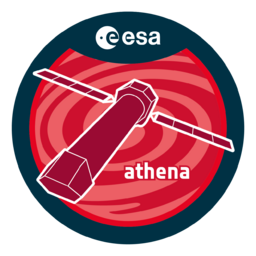

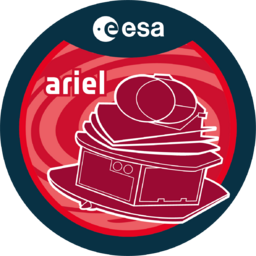
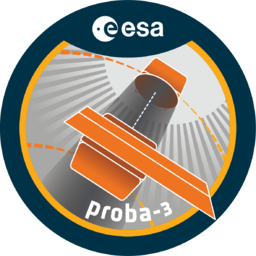
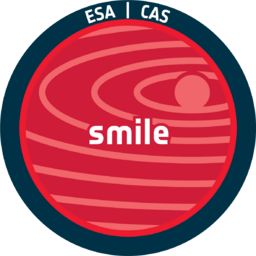
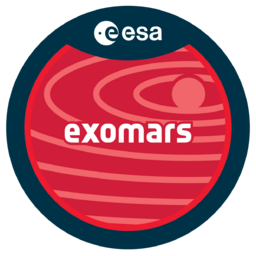
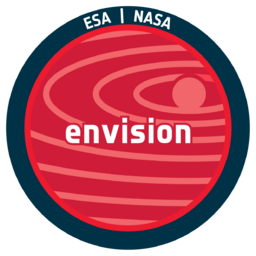
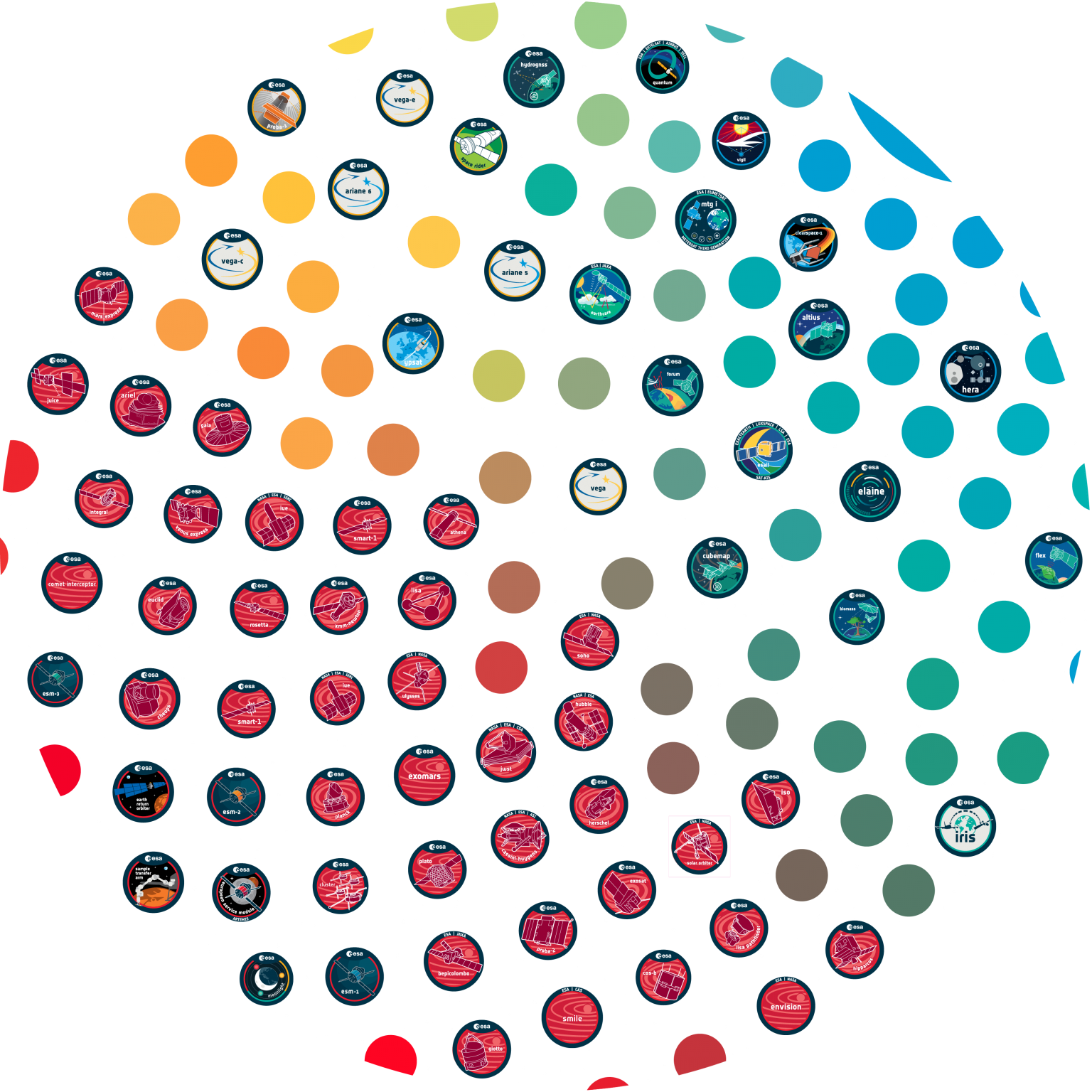
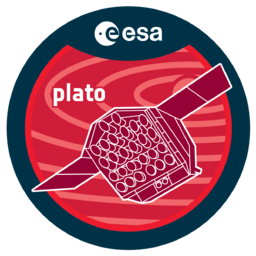
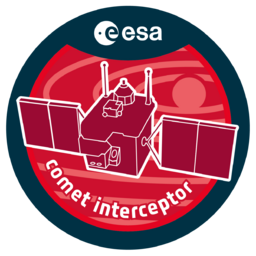
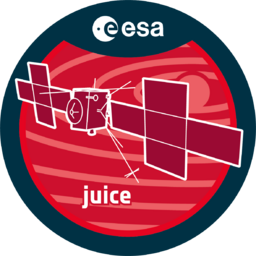
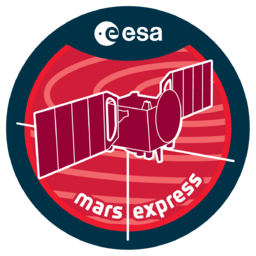
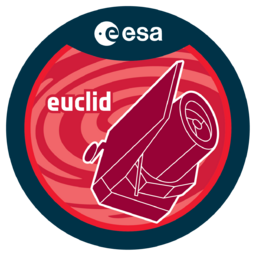
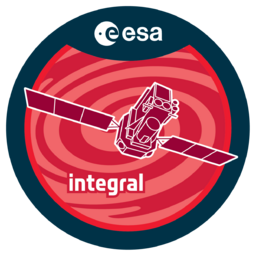
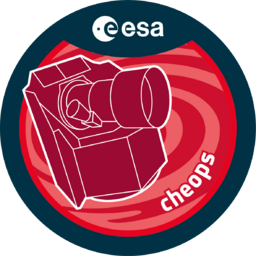
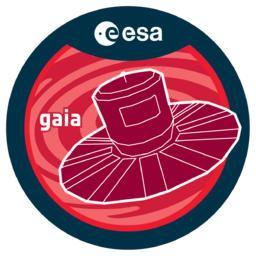
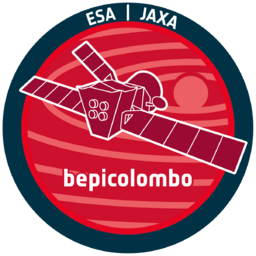
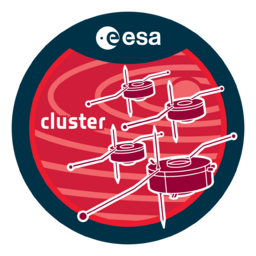
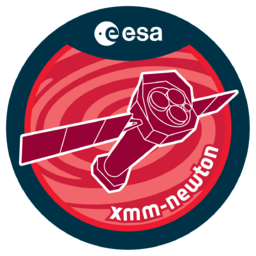
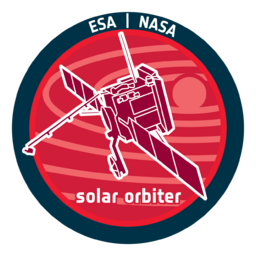
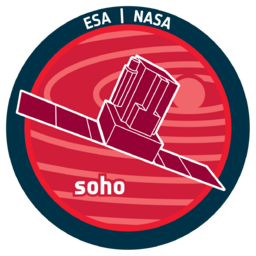
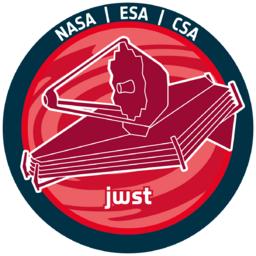
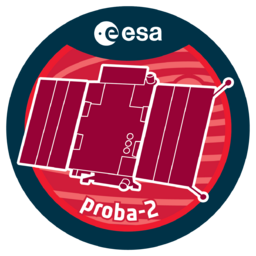
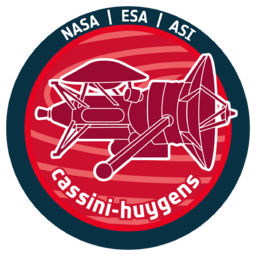
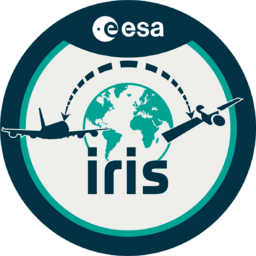
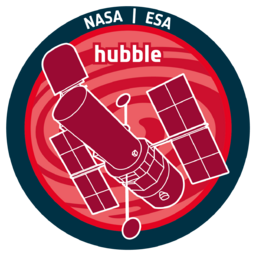
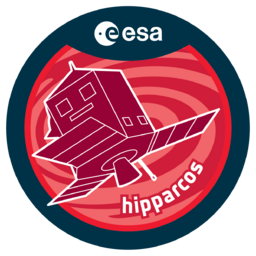
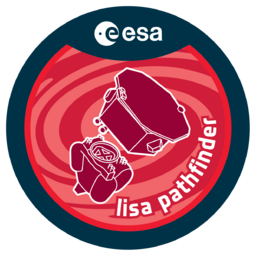
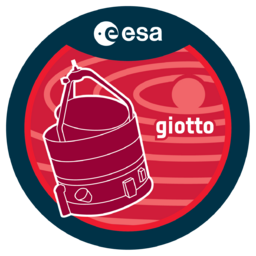
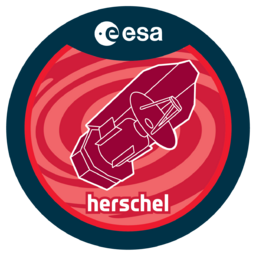
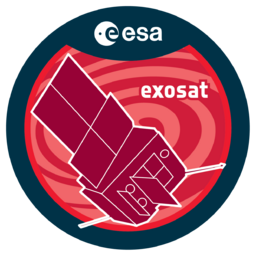
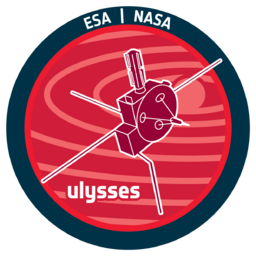
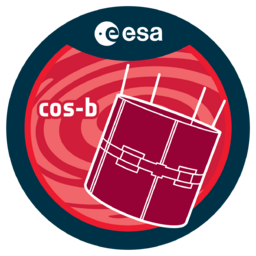
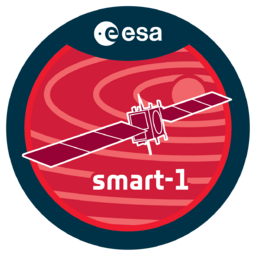
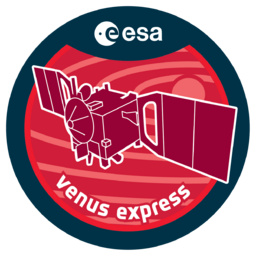
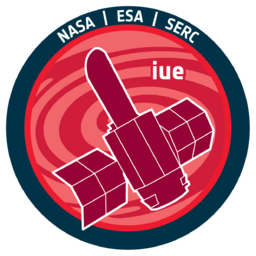
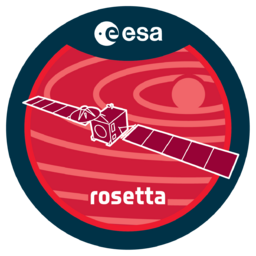
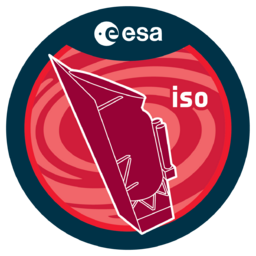


 Sign in
Sign in
 Science & Technology
Science & Technology